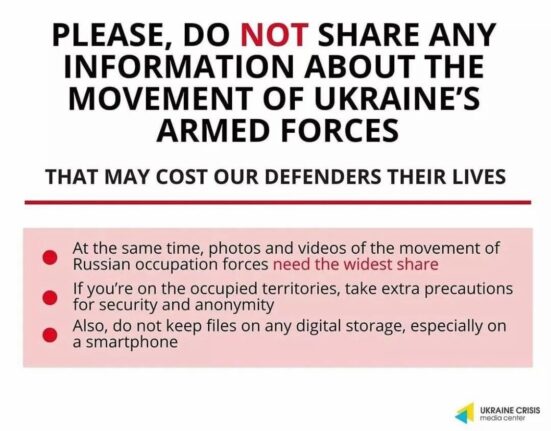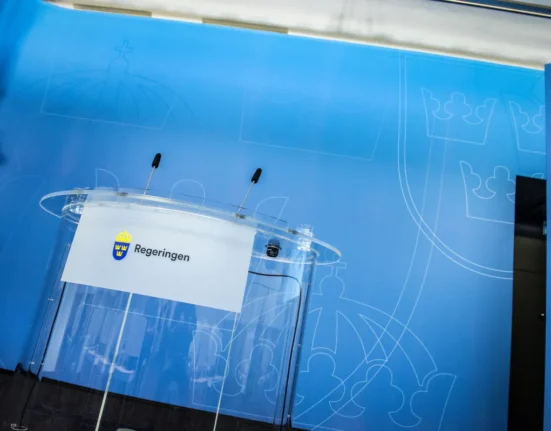Eurooppa finds itself lurking behind the United States, watching from the sidelines as the world order undergoes a transformation. Researcher Marko Lehti believes Europe lacks agency in this shifting landscape. The recent NATO summit was seen by Lehti as more of a low point than a fresh start for Europe. The Dutch Secretary-General of NATO, Mark Rutte’s deferential attitude towards US President Donald Trump at the summit in The Hague left a lasting impression. It seemed as though NATO-Europe was seeking approval from its guardian. Lehti points out that Europe lacks a clear vision of the world order. The current focus on armament and defense spending to counter the Russian threat overshadows discussions on shaping the global order.
Lehti emphasizes the need for Europe to move beyond mere militarization and invest in envisioning a new world order. Concerns about the erosion of international law and the rule-based world order have been echoed in the speeches of European leaders, researchers, and the media. Lehti argues that viewing international conflicts solely through the lens of international law is flawed. He suggests that the Hague-based international legal system has largely collapsed, failing to act as a deterrent for powerful nations like the US, Israel, China, and Russia. The norm of permissible actions for these countries is shifting, leading to a world where might makes right.
The ease with which violence is wielded in the world today, coupled with the diminishing consequences for aggressive actions by nations, poses a threat to smaller and weaker states. Lehti warns of a world divided into spheres of influence where common rules are sidelined in favor of the law of the strongest. Europe, caught in this tide, has been overshadowed by the US in recent diplomatic maneuvers.
Lehti stresses the importance of challenging the traditional role of the US and moving away from an idealized, rule-based order that may no longer align with current global realities. He urges Europe to assert its own agency and not merely follow in the footsteps of the US. While acknowledging the limitations of past Western interventions, such as in Afghanistan, Lehti emphasizes the need for Europe to carve out its own path in the evolving world order.
In the midst of this geopolitical shift, Lehti advocates for a nuanced approach that recognizes the complexity of international relations and values diplomatic solutions. The role of the United Nations, though diminished in recent conflicts, remains a beacon of hope for multilateral cooperation. Despite challenges, most major powers still acknowledge the significance of the UN Charter. However, the US stands out as a skeptic of multilateralism, undermining the collaborative efforts championed by the international community.
As the world grapples with changing power dynamics and evolving norms, Europe stands at a crossroads, faced with the imperative to assert its influence and shape a new world order that reflects the diverse interests and values of the global community. The challenge lies in transcending the confines of outdated paradigms and embracing a more inclusive and pragmatic approach to diplomacy and governance. In a world where the rules of engagement are being rewritten, Europe’s ability to navigate these turbulent waters will determine its role in shaping the future of international relations.









Leave feedback about this